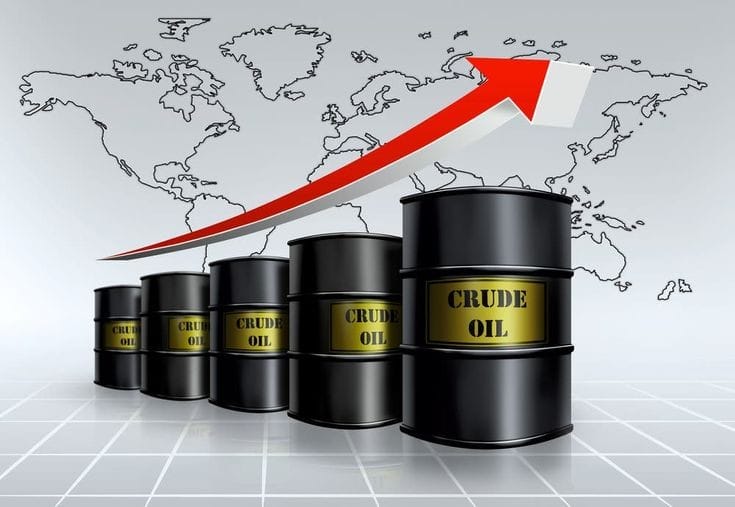The UAE’s Oil Industry and its Influence on Global Energy Markets
The United Arab Emirates (UAE) is known for being a major oil-producing country, and its oil industry has played a significant role in the country’s economic growth. As the world’s demand for energy continues to grow, the UAE’s oil industry is becoming increasingly important on a global scale. This article will explore the relationship between the UAE’s oil industry and global energy markets.
The UAE has been producing oil since the 1950s and became a member of OPEC (Organization of the Petroleum Exporting Countries) in 1967. OPEC is a global cartel made up of 13 oil-producing countries, including Saudi Arabia, Iran, Iraq, and Venezuela, among others. The organization was created to control the global supply and price of oil by regulating the amount of oil each country produces.
The UAE is currently the world’s eighth-largest oil producer, with an estimated 97.8 billion barrels of proven oil reserves. Despite this, the country has recognized the importance of diversifying its economy and reducing its reliance on oil exports. In recent years, the UAE has been investing heavily in renewable energy sources such as solar and wind power.
The global demand for oil is heavily influenced by factors such as economic growth, geopolitical tensions, and environmental concerns. When the global economy is growing, demand for oil tends to increase as more energy is needed to power factories and transport goods. On the other hand, when there is a global recession, demand for oil tends to decrease as economic activity slows down.
Geopolitical tensions can also impact global oil prices. For example, if there is a conflict in the Middle East, it could disrupt oil production and lead to a temporary increase in prices. Similarly, if a major oil-producing country decides to cut its production levels, it could lead to an increase in prices as supply decreases.
Environmental concerns have also played a role in the global demand for oil. As more countries adopt policies to reduce their carbon footprint, demand for oil could decrease in favor of cleaner energy sources.
The UAE’s oil industry is heavily dependent on global oil prices. When oil prices are high, the country’s economy tends to perform well, and vice versa. However, the UAE has recognized the need to diversify its economy and reduce its reliance on oil exports. In addition to renewable energy, the UAE has been investing in other sectors such as tourism, real estate, and technology.
In conclusion, the relationship between the UAE’s oil industry and global energy markets is complex and multifaceted. While the UAE remains a significant player in the global oil market, the country has recognized the need to diversify its economy and reduce its reliance on oil exports. As the world’s demand for energy continues to grow, the UAE’s oil industry will remain an important factor in global energy markets. However, the country’s long-term economic success will depend on its ability to adapt to changing market conditions and invest in other sectors.




